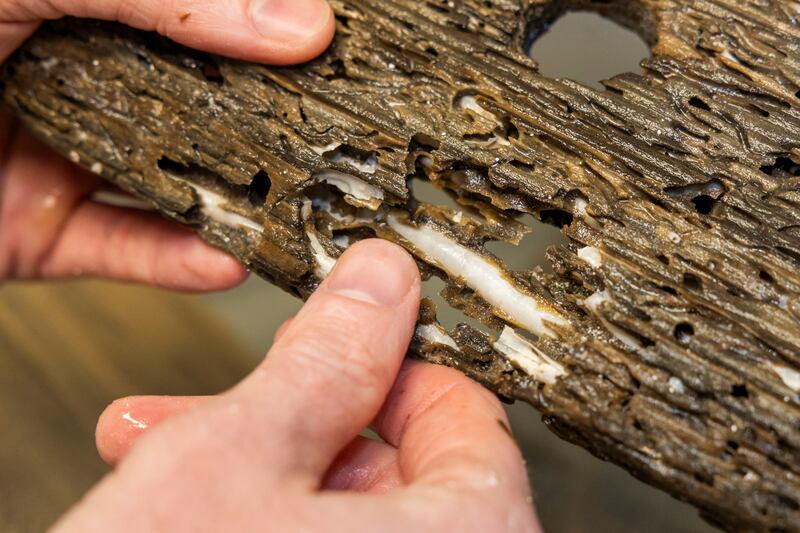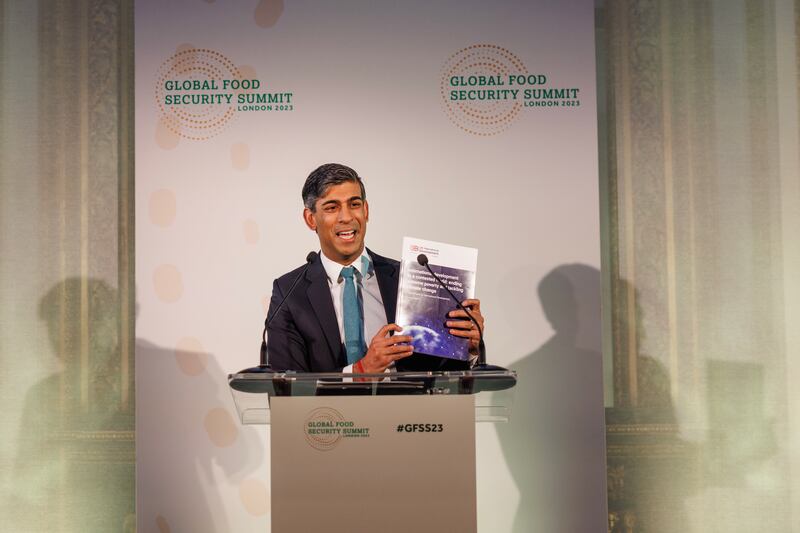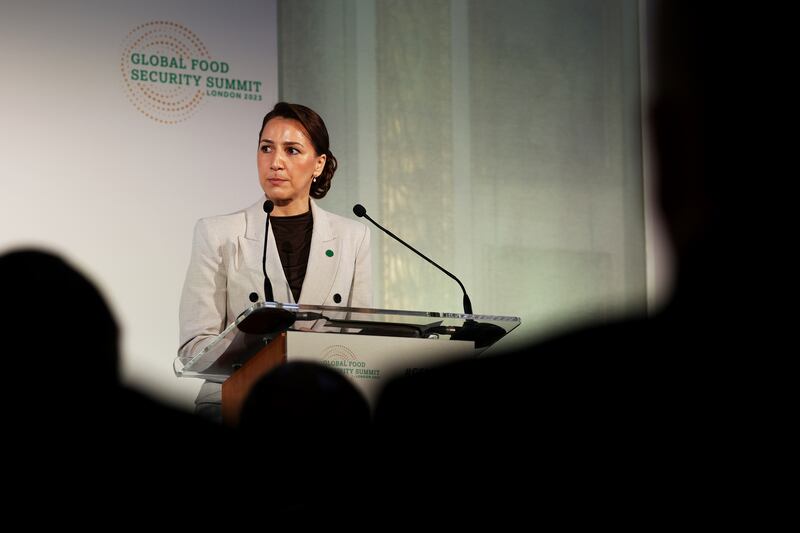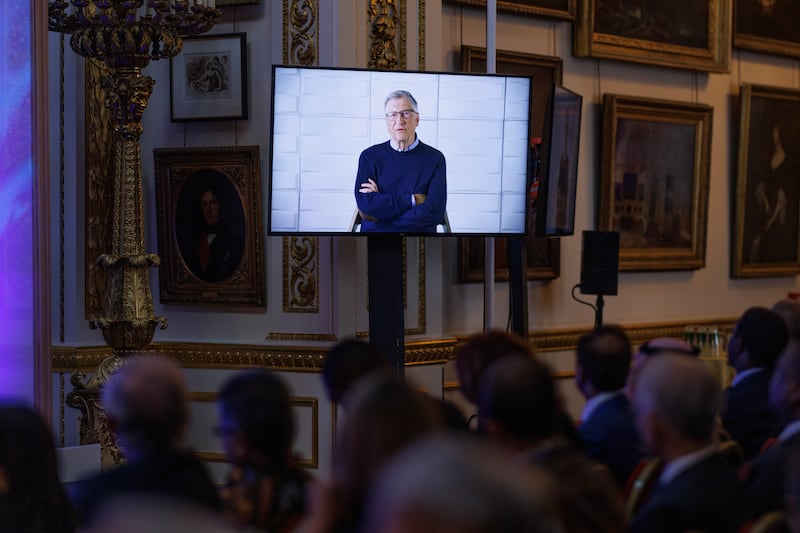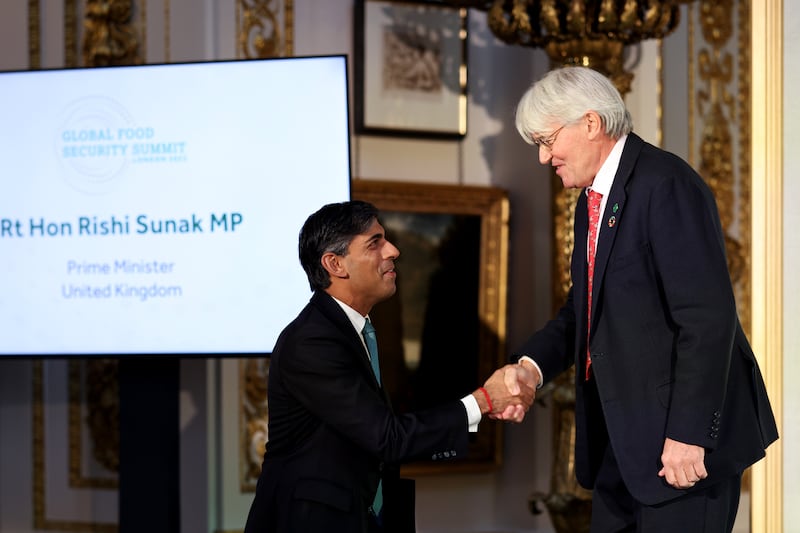When 15th-century explorer Christopher Columbus tried to return to Spain after his fourth and final trip to the West Indies, his fleet had barely set sail when the ships began to sink and ere forced to limp back to port.
The scourge of that journey? Shipworms. The notorious wood-boring molluscs had burrowed into the vessels' woodwork, leaving them looking like honeycombs.
But now, after causing chaos in the shipping industry for hundreds of years, shipworms are at the forefront of innovative research to find new sources of food for humankind.
As part of a protein revolution the new products are said to be full of flavour and nutrients, ready to be used as an ingredient in meals.
Future fishcakes is the vision of scientists behind the effort to use worms as nutrients. To that end the researchers in the UK are trying a rebrand. David Willer of the University of Cambridge calls the insects "naked clams".
“We're providing a sustainable, high-protein food source that can help address global food security concerns,” Dr Willer said. “Naked clams could revolutionise the way we think about aquaculture and sustainable food production.”
Chantal Clement, deputy director at the International Panel of Experts on Sustainable Food Systems, who specialises in the vulnerability of the global industrial food system, believes recent global crises such as the Covid-19 pandemic and climate change-induced shocks highlight the need for a shift in eating patterns.
“We’ve seen a rise in global hunger, inequality and livelihood stresses as every country continues to face supply chain disruptions, food price inflation and higher costs of living,” she told The National.
“Not a single region is spared.”
Middle East's quest for sustainable food
In the Middle East, companies and organisations are actively exploring alternative food sources, driven by the region's scarcity of water scarcity and fertile land.
A World Bank report found that the average year-on-year food inflation in 16 Mena economies was 29 per cent between March and December 2022.
This has led to a significant increase in food insecurity, with one out of five people in developing Mena countries likely to face challenges.
The report estimates that almost eight million children under five years of age will suffer from hunger.
With a growing population, countries like the UAE are aiming to reduce their dependence on food imports by embracing innovations in AgriFoodTech.
The UAE FoodTech Challenge, backed by the UAE Ministry of Climate Change and Environment and Tamkeen, in association with Aspire, is promoting innovative agricultural technology solutions.
It focuses on food production for exploring next-generation nutrient-rich alternatives as well as food loss and waste for ensuring sustainability across the food supply chain.
One project, Revoltech, based in the UAE, has come up with a unique freezing technology that uses electromagnetic fields to minimise damage during the cooling process.
The method not only accelerates the freezing of food but also extends its preservation life up to 50 years.
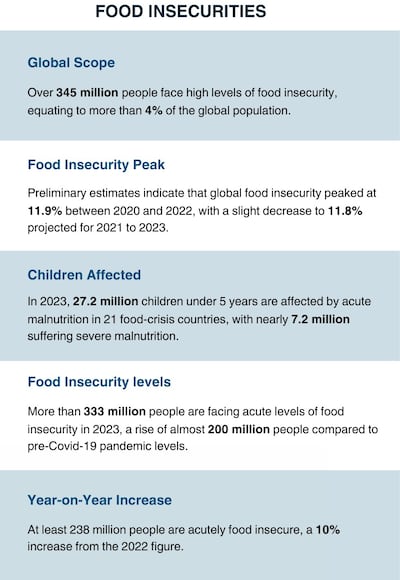
Search for resilient food sources
For Dr Clement at IPES-Food, sky-high import costs mean countries in the Global South in particular need to find innovative solutions.
Many countries do not have the ability to invest in sustainable food production and food security for their own communities, she said.
“We need to empower local communities and shift towards much more diverse and resilient food systems that truly provide sustainable food for all,” she said.
“Only a comprehensive understanding of the food system will allow us to develop the solutions we need.
“This doesn't just mean bringing together expertise from different parts of the food system, but also different types of knowledge – whether science, indigenous knowledge, or lived experience.”
Global Food Security Summit – in pictures
Exploring lab-grown meats and alternative sources
Researchers and start-ups around the globe are pushing the boundaries of what can be considered a viable protein source.
Scientists are cultivating meat cells in laboratories, offering a sustainable and ethical alternative to traditional meat.
This approach not only reduces the environmental impact associated with livestock farming but also addresses concerns about animal welfare.
The meat, grown from animal cells, requires no slaughter and significantly less land and water than conventional meat production.
Meanwhile, other scientists are trying to harness the power of plants and insects for a protein-rich and sustainable option.
Companies are experimenting with crickets and mealworms, turning them into powders and flours that can be incorporated into everyday foods.
In the UK, companies are extracting protein from peas to create meat substitutes that are labelled environmentally friendly.
Pea protein has the advantage of being allergen-free, unlike soy, making it a suitable option for a broader range of consumers.
Another development is using algae as a protein source. Algae, which can be grown using minimal resources, offers a high protein content along with essential omega-3 fatty acids.
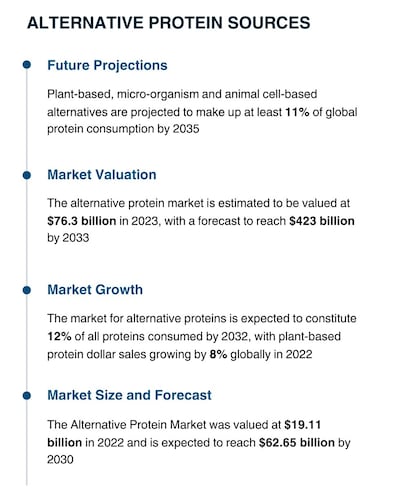
Cultivating a future of sustainable meat
Upside Foods from the US creates meat from animal cells, offering a sustainable alternative to traditional animal farming.
Speaking to The National, the company said it makes “meat that’s been grown directly from real animal cells, without the need to raise and slaughter billions of animals”.
The technology aims to provide familiar meat products in an ethical manner. It has environmental benefits, with a smaller impact than conventional meat production, with fewer greenhouse gas emissions and less need for land and water.
“The real magical moment happens when someone sees the meat, hears it sizzling and tastes it,” the spokesman said.
The company also focuses on sustainability, operating its California centre on 100 per cent renewable energy and continuously optimising production processes.
From ocean pests to protein: the shipworm transformation
Returning to Columbus's shipworms, marine biologists have transformed the “naked clams” into a sustainable food source.
These creatures use symbiotic bacteria to digest wood and convert it into vitamin-rich protein, offering an eco-friendly alternative for processed foods such as fishcakes.
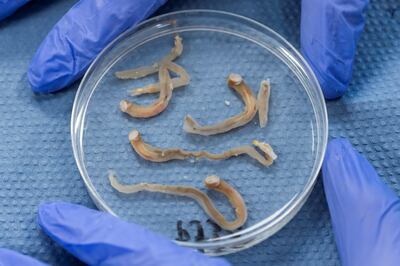
“These animals are commonly known as shipworms because they were infamous for rapidly devouring wooden-hulled ships,” a researcher involved in the project, Reuben Shipway of the University of Plymouth, told The National.
“The challenge was the branding – how do we get people to eat something commonly known as a shipworm?"
It is trying to rename the insect to promote a new way of looking at how we source the food we eat.
“This is why we came up with the name 'naked clams'. These animals aren't worms, humanity is no longer reliant on wooden-hulled vessels for seafaring, and the new name is pretty scientifically accurate.”
The researchers developed a system to farm naked clams using waste wood in saltwater tanks, ensuring high water quality and addressing food safety concerns in shellfish farming.
“Naked clams can be grown entirely on wood, which is a completely renewable resource,” Dr Shipway said.
“Our research has also shown that they are highly nutritious, with double the B12 content of blue mussels. So, with naked clams, we can essentially take wood and turn it into nutritious protein.”
Naked clams grow rapidly, offering an efficient protein source with high nutrient content and beneficial monounsaturated fats.
Dr Shipway emphasised the minimal ecological impact of their farming system, which addresses environmental degradation and health issues related to diet.
“With regards to the impact on local ecosystems – this should be minimal. We've developed a simple modular aquaculture system to grow these animals, and this system eliminates any issues around water quality, disease, and pollution.”
If Columbus had thought of eating the shipworms attacking his vessels, perhaps his journey home would have been simpler.
